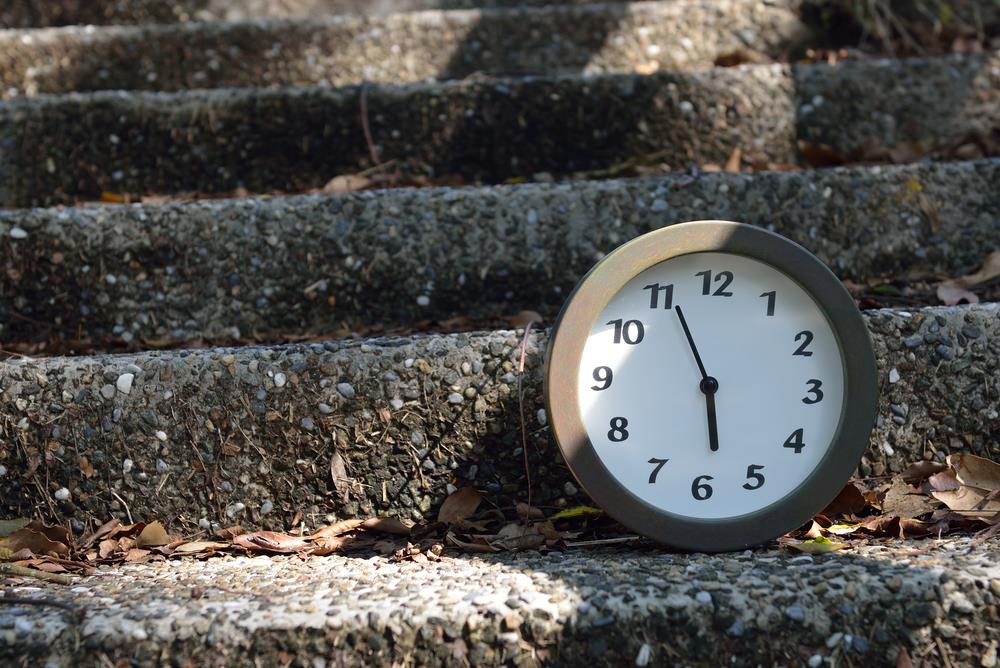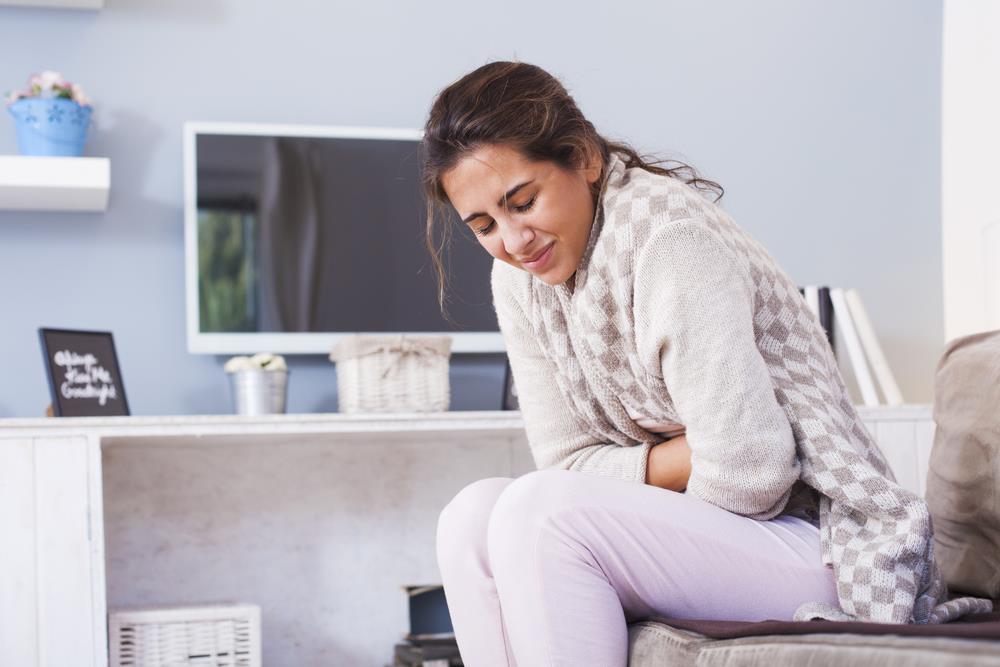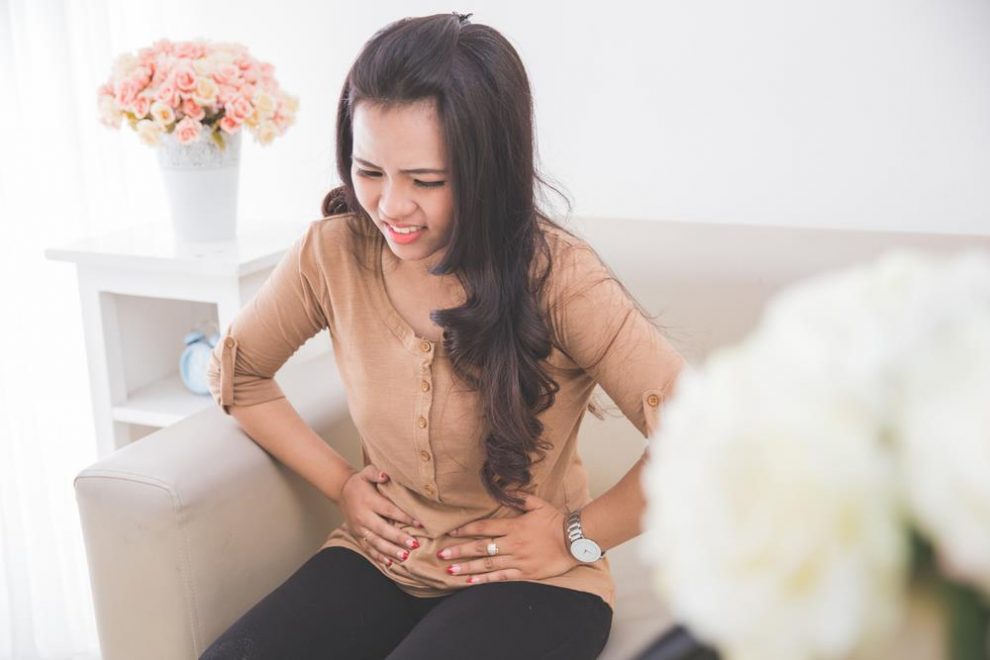The monthly bleeding which takes place in adult human females is termed as menstruation. While a female undergoes menstruation, the breakdown of uterine walls (womb) takes place and considerable amount of blood along with cellular debris and breakdown of egg is discharged. The menstrual waste moves out of the body from uterus via cervix which is a small opening and then it is passed out of body from Vagina.
Contents
How Long Period Last and How to Keep a Record of Menstruation ?
In normal healthy female, the menstruation lasts for three to five days. The normal length of menstruation ranges from 21 to 25 days in adult human female. The process starts in female at the age of 12 to 14 years.
Hormonal Control of Menstruation and How Long Can a Period Last ?
The menstrual cycle in the human female is complex and is under hormonal control. The two main hormones controlling menstrual cycle are estrogen and progesterone. Estrogen hormone is one of the most important hormones present in human body which serves to control menstruation as well as keeps the body healthy. It also helps to keep the bones and muscles strong and maintain bone density as women turns older. The hormone also helps to build up the strong linings of uterus, every month under the action of estrogen hormone the uterus walls are composed stronger, more vascularity is added (more blood supply) it is to ensure that the embryo if forms starts getting nutrition and protection soon. When the egg is released which takes place on day 12 to 14 of menstrual cycle, the female is most fertile and at the same time the walls of uterus are kept thickened and vascularity keeps on increasing under the action of estrogen hormone. The process of formation of egg in the ovary is known as ovulation. From the ovaries the egg is transported to fallopian tubes (ducts arising from ovaries), egg will remain in the fallopian tube, if fertilization occurs, the zygote formed will be later passed on to the uterus and if no fertilization occurs, the egg will breakdown. If the female gets pregnant, the estrogen hormone keeps the uterine linings thick and the developing embryo will be cushioned and nourished well. How long can a period last? It depends greatly on the amount of estrogen and progesterone in the body.
On the other hand, if no fertilization occurs, the egg remains viable for 2-3 days and then undergoes a breakdown, and along with the breakdown of egg, the other important hormone progesterone comes into action. The hormone is secreted by ovaries; the function of this hormone is the regulation of endometrium, the inner linings of uterus. Placenta once formed also has a capability to secrete progesterone. The function of progesterone hormone is crucial in pregnancy, as it keeps the uterine linings thick and also helps to maintain the thickness of uterus till the end of pregnancy. If the hormone gets deficient in the body when female is pregnant, it can cause certain complications and under this condition, lab made progesterone is injected in the body.
How Long Does Your Period Last?
During periods, a lot of blood and uterine break down is discharged from the body through vagina. Periods are generally not alike every month, there is a huge variation in the amount and length of periods of a same female every month, and this is mainly due to hormones.

How Long Period Last?
In every female therefore, you can expect a lot of variation in the frequency, length and the amount of discharge during the periods. Periods are divided into heavy, moderate and light depending on the amount of blood and other discharge which is released from the female’s womb every month. The content discharged during periods is also known as menstrual flow. Some female get their normal periods of 3-5 days while in few females, the length of discharge is as low as two days but it is considered normal unless there are some other complications. How long can periods last? Well, it is always variable factor.
Females are generally advised to keep a record of their menstrual period, like how long period last? the discharge and amount of discharge. Sometimes menstrual irregularities are also seen in some females which are quite normal while in some cases, the irregularity or prolonged period can also be a sign of some underlying illness. Keeping a record of menstrual details can also be helpful to have a check on overall health and fitness.
How Long Can a Period Last?
In normal human female, the periods may last from three to five days. On the other hand, in some cases, the periods ranging from day 2 to 7 are considered normal. Also when young female starts getting periods, the length is highly variable which stabilizes itself as soon as hormones (estrogen and progesterone) are released in full balance. With the progress of age, the length of menstrual cycle keeps on reducing itself. How long can a period last? Is always a major query of females and the answer is simpler; it might take 2 to 6 days.
How Long Does Your First Period Last?
When a female gets periods for a very first time, it might last from two to seven days, amount of hormones in the body, body weight, general health are some of the factors which influence the amount of menstrual discharge. Initially, the females also suffer from menstrual irregularity, there can be 21 to 40 days or sometimes more gap between two successive periods. This is also seen that sometimes, periods turn out to be heavier and sometimes there is relatively lesser discharge. How long does your first period last? Everything is considered normal as long as there are no other associated symptoms. It might take two to three years in young females before their periods get normal. How long period last? Keeping a record can also alarm health concerns if any in females.
How to Stop Periods?
How long does your period last? Menstrual periods sometimes remain for more than five days and it is a cause of great worry for most of the females how to stop the further flow or else there can be deficiency of fluids in the body. If a female is undergoing massive and prolonged discharge, here are some of the instructions which might be helpful if you are finding out ways How to stop periods?
- Medium dosage of Ibuprofen is helpful, one may take the medicine 3-4 times a day but there is always a need to consult doctor in case of any menstrual disturbance.
- Females are advised to take more water this will help to maintain the fluid balance.
- A diet rich in vitamins especially fresh fruits and vegetables can help to lessen prolonged period.
- Use of vinegar and gelatin is also recommended for period’s irregularity and prolongation.
- Herbal medication can be effective for prolonged period as it will be free from side effects.
- If females are getting too heavy discharge, they are advised to use menstrual cap to avoid any leakage or staining of clothes.

How to Keep a Track Record of Menstruation and How Long Does Your Period Last?
Females are generally advised to keep a record of their menstrual cycle, you can keep a date of last menstruation and when you have a record of few months, you can easily find out the length of menstruation and gap between two periods. For the females who are more conscious about their menstruation and their health state, it is recommended to keep a record of their other menstrual details such as:
- The ending date of previous menstruation as it will give you the exact length of time you are getting between two successive periods. It will also give idea if they got prolonged period.
- The record of flow, the amount of sanitary pads used during menstruation, a record must be written on a diary so as to check what is normal.
- Bleeding if any is taking place between two normal periods.
- Menstrual cramping.
Prolonged Periods and How Long Does Your First Period Last?
How long does your period last? Sometimes the females experience prolonged bleeding, there is always a big concern for females if the length of periods gets longer and there are so many associated worries. The normal human female may experience 30 to 40 ml blood loss every month during menstrual flow. Sometimes length of menstruation can be more than normal and bleeding can be massive, the condition is known as prolonged period but it is considered normal. However, how long does your period last? a track record of menstruation can be helpful in finding out the exact disturbance and you can speak to your doctor regarding your menstrual case history. Some of the most common reasons associated with menstrual prolongation and How to stop periods are:

- A condition where females bleed and soak more than one sanitary napkin every hour, it is known as menorrhagia. If your menstruation affects your life and everyday activities, you need to consult a doctor, for those female who experience constant slight pain in their lower abdomen during menstruation days should also speak to doctor soon. Menorragia can cause tiredness.
- Dysfunctional uterine bleeding can occur anytime in life especially in females over 40 years of age where ovaries fail to release an egg, this results in massive discharge and periods for more than a week. There is a great variation in how long does your first period last and how long periods take to last with the progression of age.
- Adenomyosis is another cause of prolonged periods where endometrial tissues grow inside the muscular walls of uterus. Under this condition you may also get sharp cramping and lower abdominal pains during bleeding. Painful sexual intercourse is also linked with adenomyosis.
- Sometimes the uterine linings turn more thick than normal. The condition is known as endometrial hyperplasia and is one of the causes of prolonged menstruation. If you are worried regarding how long can period last? Consult your doctor.
- Polycystic ovarian syndrome can also cause prolonged period and also cause difficulty n females who are trying to conceive.
- Fibroid uterus is a form of benign tumors which tend to develop in the uterus and it result in prolonged and heavy bleeding. Besides it also causes severe pain in pelvis and backache.
- Use of birth control pills can cause hormonal imbalance and can cause heavy bleeding sometimes. The use of birth control pills can alter the length of menstruation along with the amount of discharge. It might be an indication that a particular brand is not suitable for you. You need to consult a doctor immediately if you experience heavy bleeding while you are on contraceptive pills. How long can periods last is always to be remembered.
- Ectopic pregnancy where the embryo fails to be transported to the womb can cause heavy and prolonged bleeding. The females with ectopic pregnancy need to get abortion soon or else it can be life threatening.
- Hormonal imbalance is the major cause of heavy and prolonged bleeding and health care provider is to be consulted to get hormone test and further medication.
- Any ailment or disorder to thyroid glands can also result in prolonged periods. How long does your first period last? is important as thyroid imbalance is also seen in young girls.
How Long Can Periods Last and How Can I prevent the Irregularities in Menstruation ?
As we have discussed above that the normal periods range from 3 to 5 days but periods ranging from 2-6 days are quite normal unless some associated symptoms are seen. Keeping a track record of menstruation can always lessen the worries and also help to find out whether the periods are normal or there is a need to consult health care provider. Period tracker apps are also available and one can make use of technology to get healthy and normal menstrual periods. If your periods are more than normal, you doctor may also guide you about How to stop periods?
How Long The Periods Last For 12 Years Old?
For young females who have just started getting menstruation, the length of periods is highly variable but any discharge that takes two to six days is considered normal. It may take 3-4 years before periods acquire normal length. How long can periods last is always different for females depending on age and other factors.
How to Get Rid of Period Cramps?
Some females experience moderate to intense cramping during menstruation, the reasons are variable but one may take pain killer, plenty of fluid, coffee or tea to soothe the body muscles. Rest can also be significant as more physical activity during periods can sometimes cause cramping and pain.
Related article : How to use a menstrual cup ?










